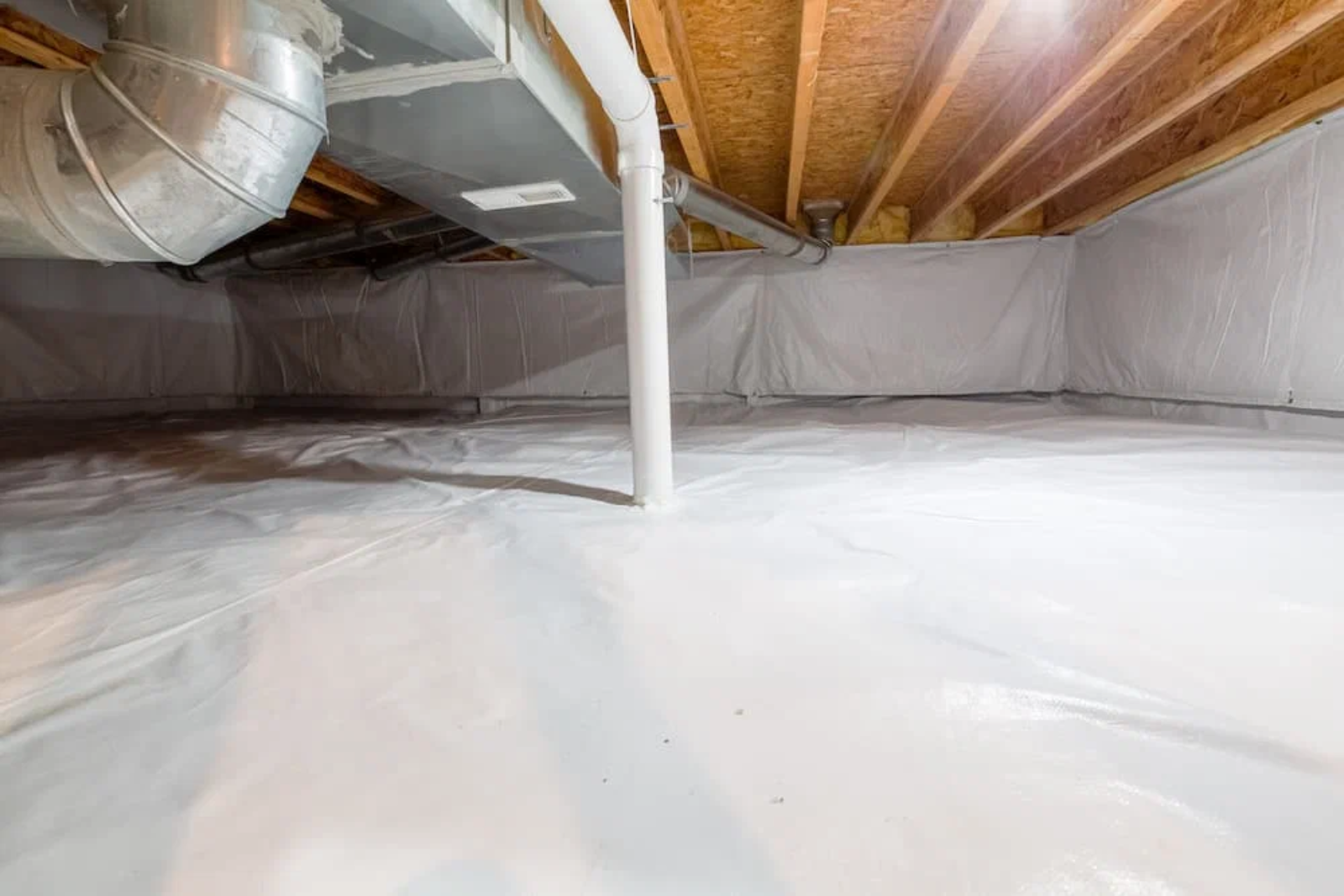
Homes in Dyersburg, TN, face varying temperatures throughout the year, making proper insulation a critical factor in maintaining energy efficiency and indoor comfort. Crawl space insulation helps regulate temperature, prevents moisture buildup, and reduces energy costs. Without it, homes are susceptible to drafts, humidity issues, and higher heating and cooling expenses.
The best insulation choice depends on factors such as climate, moisture levels, and ventilation. Homeowners typically choose between spray foam, rigid foam, fiberglass batts, and foam board insulation. Each material has distinct advantages based on durability, thermal resistance, and moisture control.
Spray foam is a popular option due to its ability to create an airtight seal, preventing air leaks and moisture intrusion. It expands upon application, filling gaps and cracks in crawl spaces.
Rigid foam boards offer excellent moisture resistance and are commonly used along crawl space walls.
Fiberglass batts are an affordable insulation choice, often used in ventilated crawl spaces. However, they must be installed with a vapor barrier to prevent moisture retention.
Foam boards provide insulation with moisture resistance but require proper sealing for maximum efficiency.
Choosing the right insulation requires evaluating several factors:
Crawl spaces are prone to damp conditions, making moisture-resistant insulation a necessity. Spray foam and rigid foam boards are ideal for preventing moisture accumulation and mold growth.
Higher R-value insulation materials help maintain consistent indoor temperatures. Spray foam and rigid foam provide the best thermal performance.
Professional installation ensures airtight sealing, particularly for spray foam and rigid foam board insulation. Fiberglass batts are easier to install but require a vapor barrier to prevent moisture retention.
While spray foam has a higher initial cost, its superior energy efficiency leads to lower utility bills. Fiberglass batts offer a lower upfront cost but may need replacement sooner.
Some insulation types deter pests better than others. Spray foam and rigid foam boards minimize gaps where pests might enter, unlike fiberglass, which can become a nesting area for rodents.
For homes in Dyersburg, TN, a combination of rigid foam board insulation on crawl space walls and a vapor barrier on the floor is a reliable approach. This combination effectively seals out moisture while providing long-lasting insulation.
Proper installation is key to ensuring insulation performs effectively. Armored Insulation provides expert crawl space insulation services tailored to Dyersburg’s climate. Our team ensures seamless application, preventing air leaks and moisture-related issues. For professional assistance, contact us at (270) 331-4844 or email [email protected].
Installing fiberglass batts in an unsealed crawl space can lead to moisture damage. Opting for rigid foam or spray foam helps prevent mold issues.
Even with high-quality insulation, failing to install a vapor barrier can result in condensation and mold growth.
Leaving gaps or failing to seal joints between insulation panels reduces effectiveness. Professional installation ensures proper sealing for maximum energy efficiency.
Choosing the right insulation for your crawl space improves energy efficiency, prevents moisture damage, and enhances home comfort. Armored Insulation provides professional services to ensure proper installation tailored to Dyersburg’s climate. Contact us today at (270) 331-4844 or email [email protected] for expert guidance.
Rigid foam and spray foam insulation last over 30 years with proper installation. Fiberglass batts may need replacement within 10–15 years.
Yes, moisture-resistant insulation like spray foam or rigid foam reduces humidity levels, preventing mold and mildew.
In most cases, insulating crawl space walls with rigid foam and adding a vapor barrier to the floor is the best approach.
Fiberglass batts can be installed as a DIY project, but spray foam and rigid foam board require professional installation for optimal performance.
Yes, properly insulated crawl spaces improve energy efficiency and reduce maintenance costs, increasing property value.